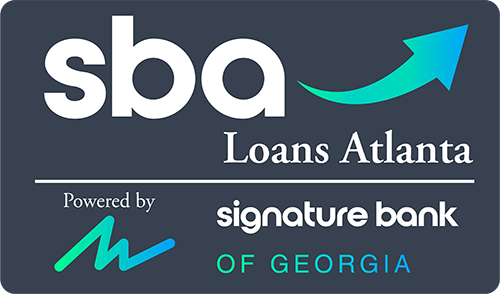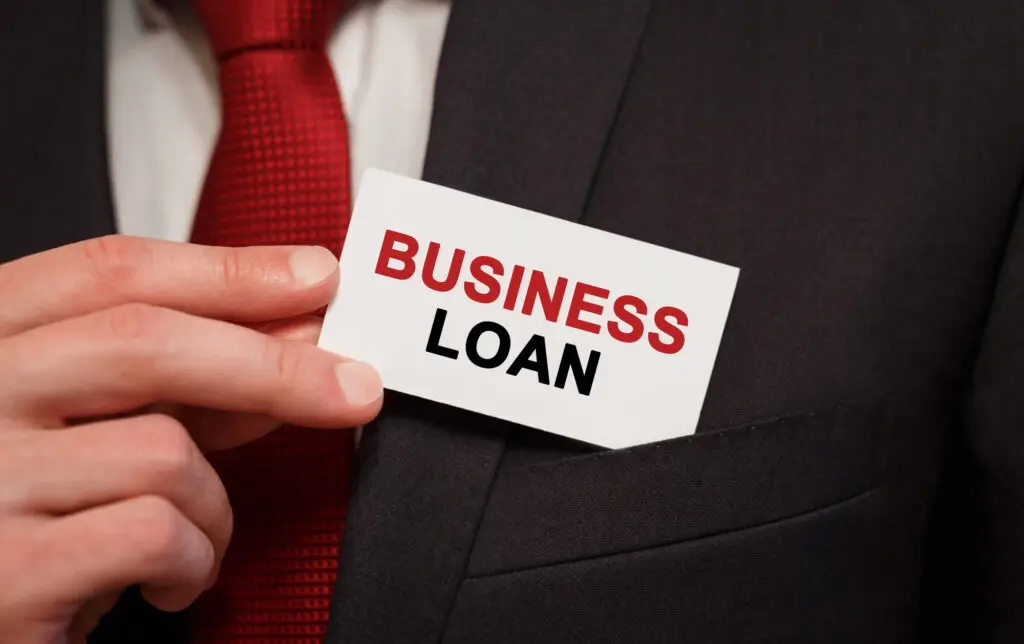32.5 million small businesses help to fuel the economy across the US. You might guess those small business owners say finances are their biggest worry. Yet, 52% say they worry most about finding quality labor for their business.
Of course, though, when you look at the failure rate of small businesses, they also must worry about finding the financing to stay afloat and grow and flourish their business.
The Small Business Administration or SBA offers several business loans to help small businesses do the things they need to do. Are you wondering how to apply for small business loans?
Read on to learn more about SBA loans, the types, and what steps you need to follow to apply for one for your small business.
What Is an SBA Loan?
An SBA loan is a government back loan explicitly intended for small businesses. Like a homebuyer might get a mortgage that the FHA or the VA backs, the small business owner gets backing too.
In most cases, the SBA doesn’t issue the loan. Instead, they form partnerships with lenders all across the country. The lenders are who you apply to use their loan criteria and the SBA paperwork and requirements.
Then if the loan is approved, the SBA will back it or guarantee it. This is especially important when you consider the success rate of small businesses. In fact, 20% of all small businesses fail in the first year.
The statistics worsen over time. These guarantees from the SBA reduce the risk for lenders to give out loans to small businesses.
How Do SBA Loans Work?
The SBA offers a variety of loan programs specifically designed for different purposes. The amount you can get varies depending on the type of loan.
The SBA also has restrictions on what the loan money can be used for based on the type of loan.
More on the types of loans later.
Small Business Loan Qualifications
There are some general qualifications to get an SBA loan. These general guidelines include:
- Registered with the IRS as a for-profit business
- Located and operating in the US as a business
- Meets SBA guidelines and definition for being a small business
- Owner of the business has shown personal time and money invested into the business
- Other financing options don’t exist
- No delinquencies or defaults on other government debts
More specific guidelines will vary based on the lender you work with and the type of loan you seek for your small business.
How to Apply for Small Business Loans
Are you wondering how hard is it to get an SBA loan? Want to know the specifics of how to get a small business loan?
You want to first look at the general requirements established by the SBA. You want to see if you and your business will qualify based on those requirements.
Then you’ll want to more specifically consider the lender requirements. The lender will consider credit score, revenue, and how long you’ve been in business.
Then you want to consider how you hope to use the loan money and which SBA program best fits the bill for you. Remember, each of the loan programs has varied intended purposes.
Find a lender, get their application, and start gathering the needed business and personal documentation you’ll need to apply.
Complete your application. Be prepared that seeking an SBA loan requires some diligence to get through. SBA will require you to complete the following forms and provide the documentation:
- SBA Form 108: Personal Guarantee
- SBA Form 1919: Borrower Information Form
- SBA Form 159: Fee Disclosure Form
- SBA Form 912: Statement of Personal History
- SBA Form 413: Personal Financial Statement
You will also need to complete bank paperwork as part of the application process.
SBA Loan Types
There are several different types of SBA loans to consider. The goal for the SBA is to back a loan that will help your business grow and support the US economy.
Let’s take a closer look at the different types of loans.
7(a) Loans
The 7(a) loans are the most common of the SBA loans, and there are several different options under the 7(a) umbrella of loans.
This type of SBA loan is most commonly used when the business wants to invest in real estate. It can also be used for short- and long-term working capital, to refinance current business debt, and to purchase furniture, fixtures, and supplies.
Not all small businesses would qualify for this much, but the cap for a 7(a) loan is $5 million.
504 Loans
The 504 loans are intended to be used for major fixed assets. The maximum a business can borrow in this type of loan is $5 million.
This type of loan is commonly used for building, land, new facilities, equipment, or machinery. The 504 loans can’t be used to manage working capital or buy inventory.
Microloans
Microloans are another popular option for small businesses. The maximum you can borrow is $50,000, yet the average loan size is only $13,000.
A microloan can be used for:
- Machinery
- Fixtures
- Equipment
- Furniture
- Inventory
- Working capital
You should know that this type of loan is not allowed to be used to pay off any existing debt.
Disaster Loans
Disaster loans are the one type of SBA loan that comes directly from the SBA instead of through a private lender.
Disaster loans are intended to help a business survive some type of disaster. Many companies sought disaster loans because of the pandemic. Other reasons might include if your business suffered from a hurricane.
Find the Right SBA Loan for Your Business Needs
The goal of the Small Business Administration is to support the growth and funding of small businesses across the US. Signature Bank of Georgia is a Preferred Lender with the SBA.
Contact us to find the best SBA loan solution for your business.


